In the bustling world of cuisine, where every ingredient holds the promise of a delicious meal, there lurks an unseen opponent: wasteful habits.
We often unknowingly squander our groceries, turning potential culinary masterpieces into squandered opportunities. Let’s explore ten common cooking habits that might be stealthily sabotaging your kitchen endeavors.
By recognizing and addressing these habits, you can not only save money but also contribute to a more sustainable environment. It’s time to turn the tide against waste and make every ingredient count in our daily meals.
1. Over-buying Ingredients
Ever found yourself purchasing more than you need at the grocery store? Those enticing deals and offers can tempt anyone into stocking up, leading to a fridge full of unused food. When ingredients are bought in excess, they often go bad before we get a chance to use them.
Consider making a shopping list based on your weekly meal plan to avoid this pitfall. Sticking to the list can help curb those impulse buys.
Besides, buying more than necessary can lead to clutter, making it even harder to find what you already have at home. Did you know that 30% of food produced globally goes to waste? That’s a lot of potential meals lost!
2. Not Storing Produce Properly
Fruits and vegetables seem innocent enough until they start wilting in your fridge. Improper storage is often the culprit, leading to wasted produce and money. Each type of produce has its own storage needs; for instance, apples release ethylene gas that can spoil nearby fruits.
Learning how to store your produce correctly can make a huge difference. Keep bananas out of the fridge and store potatoes in a cool, dark place.
Knowledge is power, and in this case, it can save your greens from going bad before their time. You might be surprised how long your produce can last when stored properly!
3. Ignoring Expiration Dates
Expiration dates are not mere suggestions; they are guides to food safety and quality. However, some folks treat them as optional guidelines, leading to accidental consumption of expired foods. Consuming expired items can be harmful and also results in unnecessary waste.
Check dates before buying and rotate items at home to ensure older products are used first. This habit can prevent the dreaded discovery of expired goods in your pantry.
Remember, ‘best by’ and ‘use by’ dates indicate different things. Observing these dates can help reduce waste and protect your health. So, keep an eye on those dates!
4. Cooking Too Much Food
Who hasn’t cooked for a small army when expecting just a few guests? Overestimating portions leads to leftovers that often end up in the trash. This habit is especially prevalent during holidays or family gatherings, where culinary enthusiasm meets reality.
To combat this, consider using portion guides or apps that help calculate the right amount for your group. These tools can save you from drowning in leftovers.
Leftovers can be creatively reused, but only if you plan to consume them. Otherwise, they transform into food waste. So next time, think twice about those extra servings.
5. Neglecting Pantry Organization
A disorganized pantry is like a black hole where food disappears, forgotten and unused. Without proper organization, items become hidden, leading to unnecessary purchases of duplicates. This chaos can spur on impulsive grocery buying.
By implementing a labeling system and rotating stock, you can keep track of what you have and avoid over-buying.
Organized pantries are not only visually pleasing but also functional, making meal prep easier and reducing waste. A tidy pantry saves money and ensures nothing spoils unnoticed.
6. Improper Measuring Techniques
Seasoned cooks might swear by the ‘eyeball’ method, but improper measuring can lead to disastrous meals and wasted ingredients. Whether it’s an over-salted soup or a cake that doesn’t rise, the result is often inedible.
Investing in measuring tools ensures precision, helping you follow recipes accurately and avoid waste.
Remember, cooking is as much a science as an art. Proper measurements can unlock the full potential of your ingredients and prevent culinary mishaps. You’ll thank yourself when the dish comes out just right!
7. Peeling Too Much
Peeling off more than needed strips away valuable nutrients and flavor. Many fruits and vegetables have edible skins that are both nutritious and tasty. The habit of over-peeling results in needless waste.
Consider leaving the skin on when cooking potatoes, carrots, or apples. It can add texture and nutrition to your dishes.
If you must peel, strive for thin strips. Not only does this save the good parts, but it also reduces waste. Next time, think twice before reaching for that peeler!
8. Binning Leftovers
Too often, leftovers are forgotten, only to end up in the trash days later. This habit not only wastes food but also money and resources. Leftovers can be a lifesaver for busy days, offering a quick meal without the fuss.
To make the most of leftovers, store them in clear containers so they remain visible and tempting in the fridge.
Planning a leftovers night can also turn would-be waste into a delightful meal. Remember, today’s dinner can be tomorrow’s lunch with a little creativity.
9. Boiling Instead of Steaming
Boiling vegetables might seem like a straightforward cooking technique, but it often results in the loss of essential nutrients. Steaming, on the other hand, helps preserve both flavor and nutrition.
Using a steamer basket or even improvising with a metal colander can transform your cooking habits, allowing you to enjoy vibrant, nutrient-rich veggies.
Embrace steaming next time you’re cooking greens; you’ll likely notice a difference in both taste and texture. This small change can have a big impact on your meals.
10. Discarding Imperfect Produce
In the quest for perfection, many shoppers discard fruits and veggies with minor blemishes. These imperfections often have no bearing on taste or nutrition, yet they lead to substantial waste.
Embracing the natural quirks of produce not only reduces waste but supports sustainable practices.
Next time you shop, look beyond the surface and see the potential in those imperfect shapes. Nature’s variety is something to celebrate, not discard. Bringing home the odd-shaped carrot might just surprise you with its sweetness!
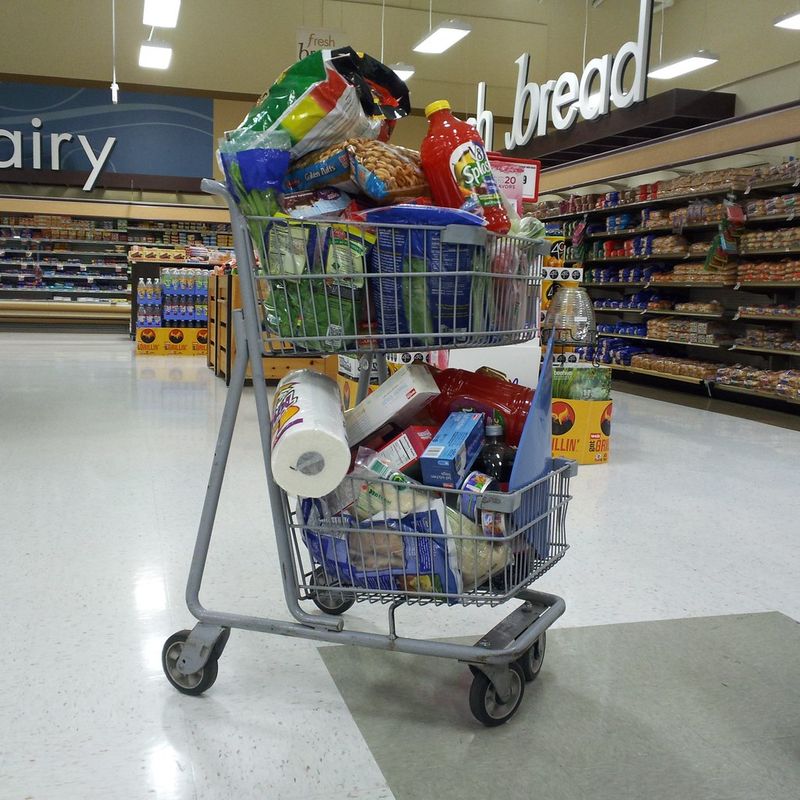
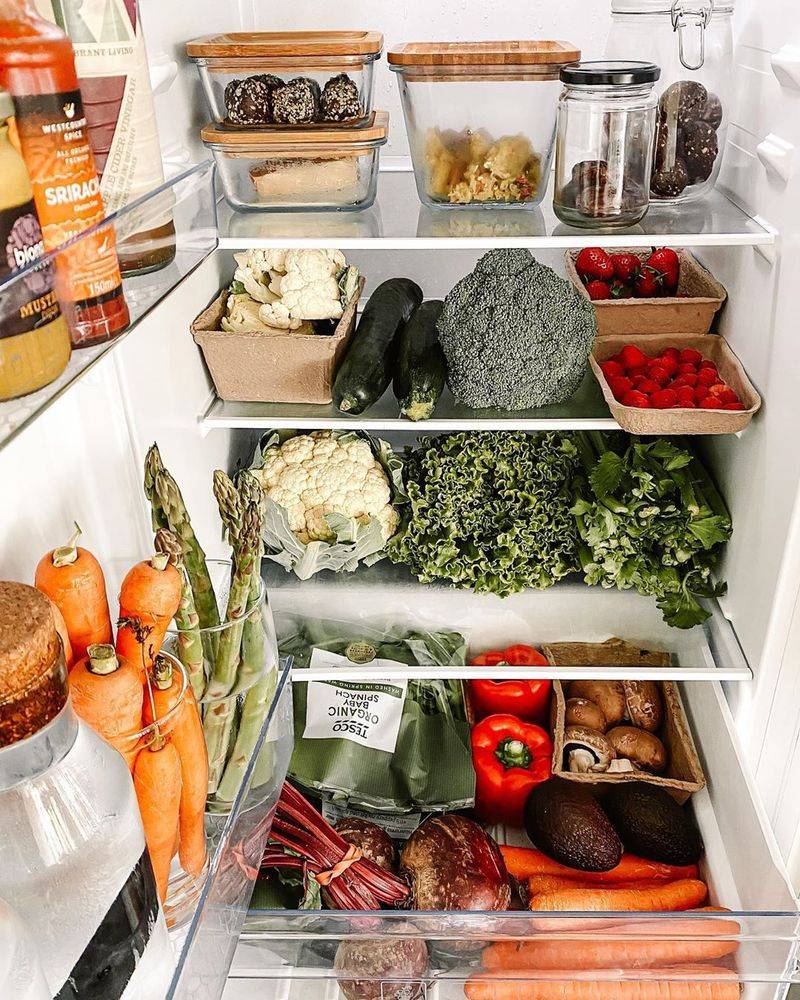
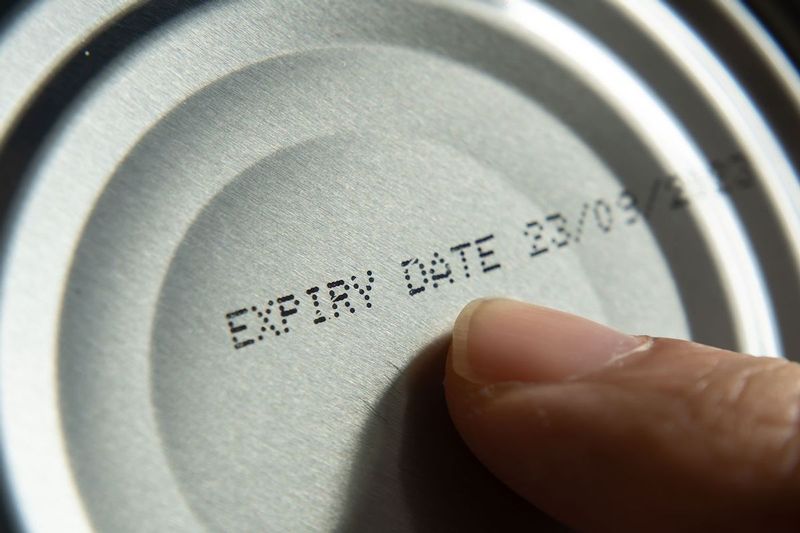
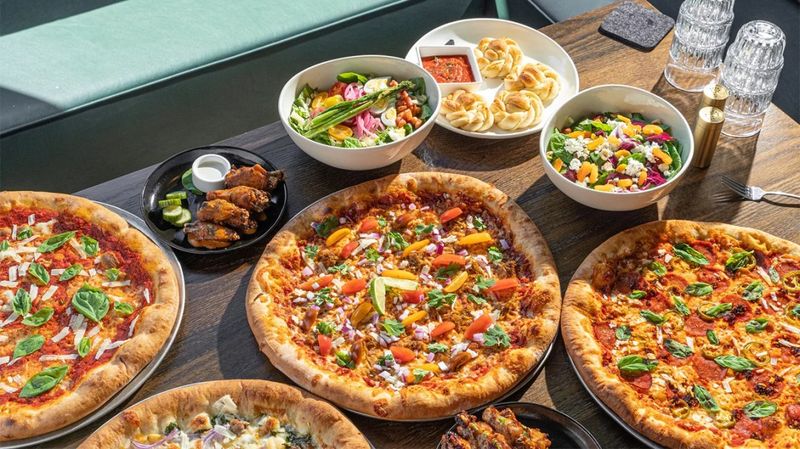
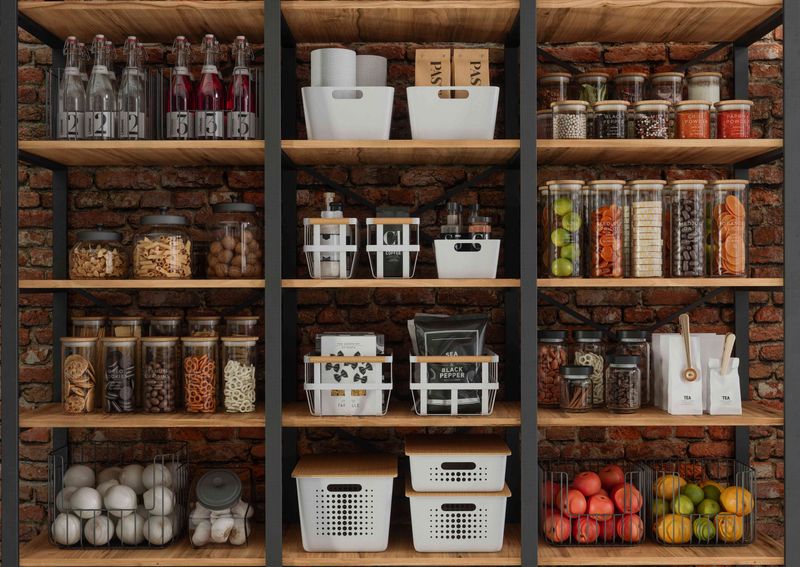
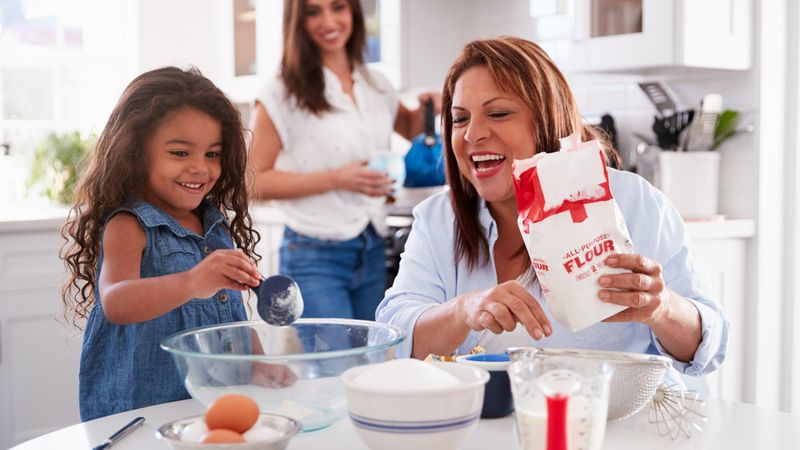
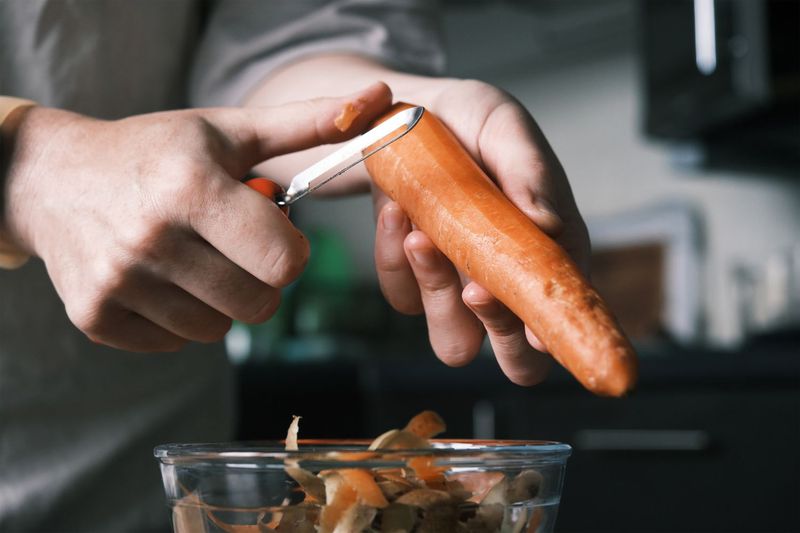
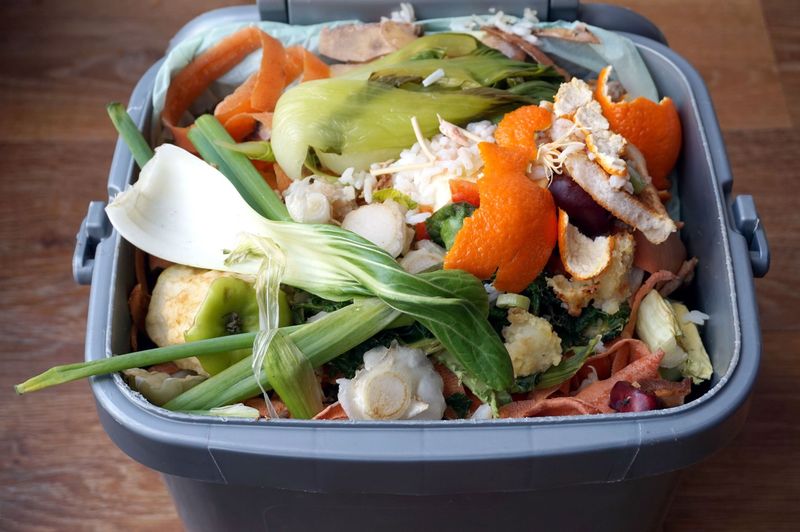
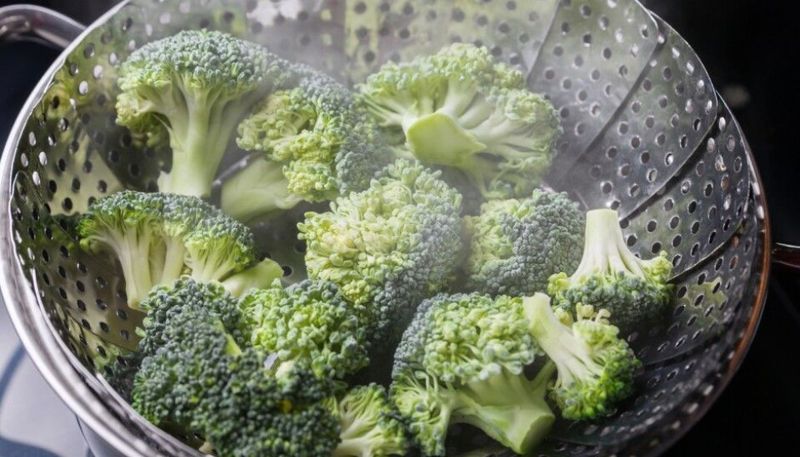
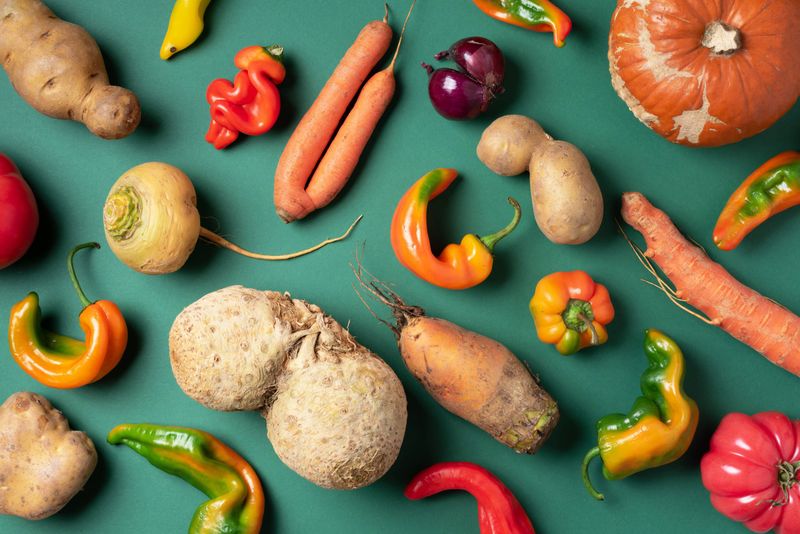
Leave a comment